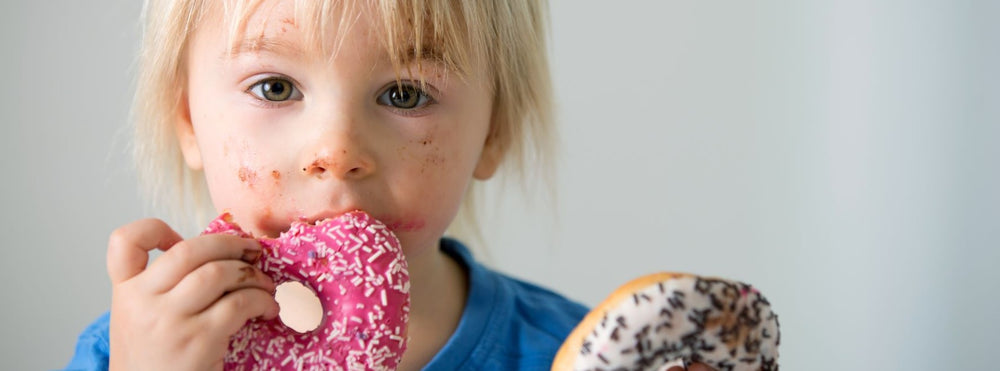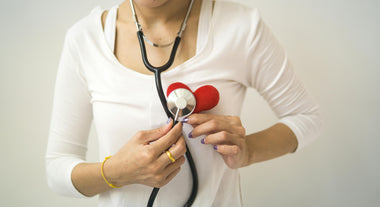To improve adult dietary habits, start with kids

A 2021 study just confirmed what most of us already suspect: kids and teens get an alarming percentage of their calories from junk food. What’s worse is that this percentage is increasing: Over a 20-year period ending in 2018, the amount of energy kids got from ultra processed foods rose from 61.4% to 67.0%.
We know these foods affect cholesterol and that exposure to elevated LDL levels is cumulative. But kids who eat lots of ultra processed foods also have higher rates of obesity and diseases associated with it, such as diabetes. (As an aside, when I was in medical school, seeing a child with Type 2 diabetes was so rare that medical students would be hauled in en masse as this was likely the only time we would encounter this type of patient in our careers. After all, Type 2 diabetes used to only affect adults. Fast forward 30 plus years and Type 2 diabetes is the most common type of diabetes pediatric endocrinologists see.)
The pandemic has only accelerated the problem. According to the CDC, an estimated 22% of children and teens were obese in August 2021, up from 19% a year earlier.
This all has consequences. Fatty streaks, the precursors to full blown plaque, are now seen in 50% of children ages two to 15 and 85% of 21 to 39 year olds. You can read more about cholesterol in children here.
So what’s the solution?
We need to establish healthy eating habits early on. While that’s hardly surprising, all this data shows we’ve ignored that advice. If your child’s pediatrician isn’t talking about diet, they should be. The way your child eats in their youth correlates to how they’ll eat as an adult, research has shown.
For young kids, this means modeling healthy habits, including presenting your child with a variety of whole foods and allowing them to follow their bodies’ hunger cues. It can also necessitate not giving in to fussiness or pleas for unhealthy choices. I know firsthand that this takes nerves of steel and a lot of determination, but ultimately your child shouldn’t get to drive food decisions because they figured out how to push your buttons.
When kids start taking more control over their food choices as teens and may be more influenced by peers, you can still help support healthy habits. Stanford Children’s Health offers some tips:
- Provide regular daily meal times with social interaction. Demonstrate healthy eating behaviors.
- Ask them for suggestions on what they’d like to eat.
- Make it convenient to eat healthy foods: A teen is about 1000% more likely to eat a cucumber that’s sliced up and handed to them than one that’s sitting whole in a drawer in the fridge.
- Don’t keep junk food in the house.
I’ll add one more: While we designed our products with adults who are concerned about heart health in mind, our foods are perfectly appropriate for kids. When my own children were still in high school, I would slip a Chocolate Crunch or Cherry Pecan Bar into their back packs so they could have a nutritious snack during after school activities. Easy, healthy and delicious. A parenting no brainer and no nerves of steel required.
And they ate each and every single one. NOT. But they did eat some, and more and more as I persisted. Just like we feel better when we eat better, our children do too. At some point, they decided they preferred feeling good. And that slowly spread to other food choices. Today, I don't worry about their dietary habits. They often eat better than I do!

Tested & Proven Results.
- Cardiologist formulated
- Supported by over 500 publications
- Clinically-proven, in a double-blind randomized trial with Mayo Clinic and The University of Manitoba
80% of participants lowered their cholesterol in just 30 days. With just two servings per day, Step One Foods offers a proven-effective way to naturally lower LDL (bad) cholesterol.
Get heart health tips and articles like this, delivered right to your email.
New articles every week.
You may also like...

The Clock You Should Be Paying Attention To (But Probably Aren’t)

The LDL Chart Fueling Confusion Online - And What It Misses

You don’t need to avoid foods with cholesterol…except for these


